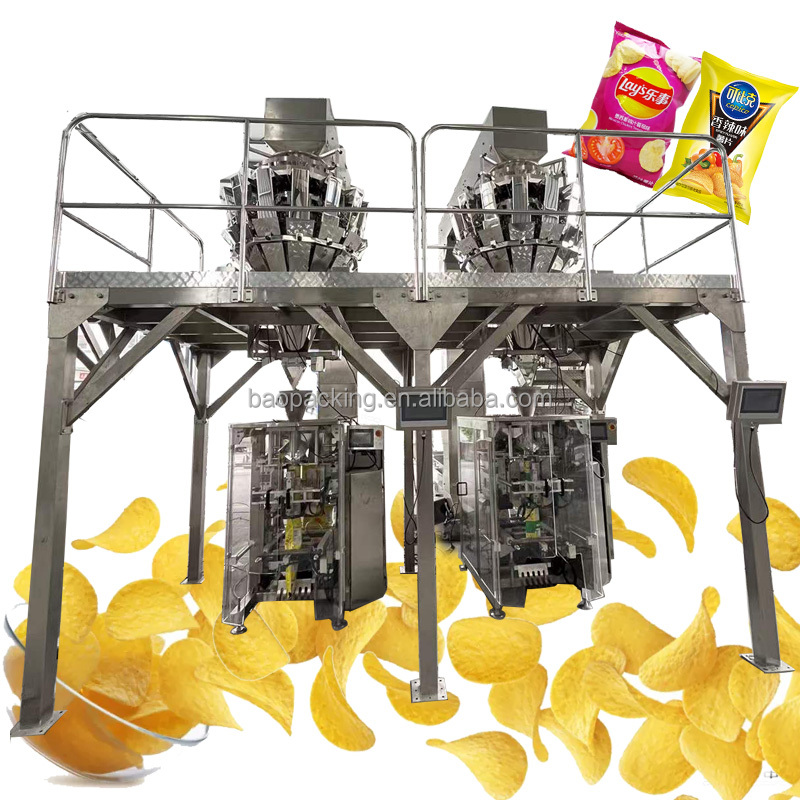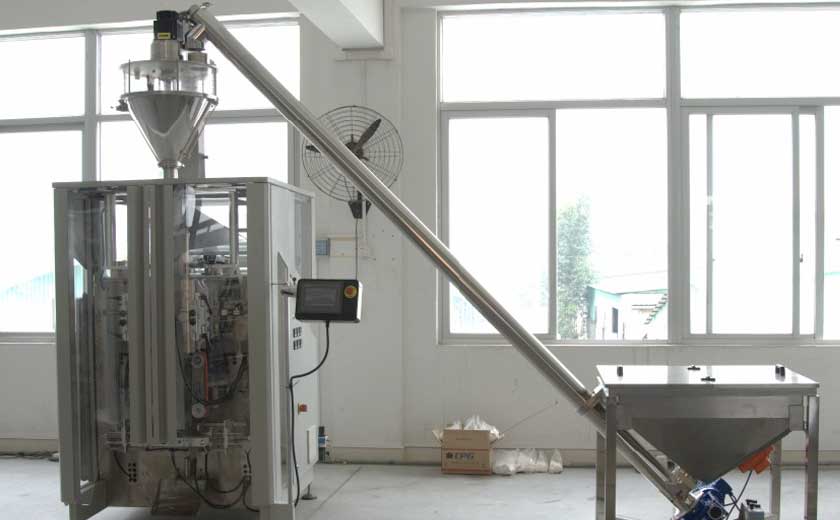When Is the Right Time to Upgrade Your Weighing Equipment?
Businesses that depend on weighing equipment to ensure the accuracy of their products and processes should carefully consider the optimal time to upgrade their equipment. Outdated or malfunctioning scales can lead to significant losses, inaccuracies, and compliance issues. To maximize efficiency, minimize risks, and maintain compliance, it is crucial to recognize the telltale signs that indicate an upgrade is necessary.
Indicators of Needed Upgrading
Accuracy Issues: Weighing equipment loses accuracy over time due to wear and tear, calibration drift, and environmental factors. Inaccurate readings can result in product overages or shortages, affecting inventory and customer satisfaction. Consistent discrepancies in measurements warrant an upgrade to ensure precise and reliable weighing.
Maintenance Costs: Aging scales require frequent maintenance and repairs to keep them operational. As equipment ages, maintenance costs escalate, and repairs become more frequent and costly. Replacing outdated equipment with modern, low-maintenance models can significantly reduce operating expenses.
Compliance Concerns: Outdated or faulty weighing equipment may not meet regulatory standards and industry best practices. Non-compliance can lead to penalties, fines, and reputational damage. Upgrading to scales that comply with relevant regulations ensures adherence to legal requirements and avoids potential risks.
Technological Advancements: Weighing technology is constantly evolving, offering advancements such as higher precision, faster processing, and data integration. Upgrading to a modern scale can harness these advancements, improving productivity, efficiency, and data management capabilities.
Changing Business Needs: As businesses grow and evolve, their weighing requirements may change. An upgrade may be necessary to accommodate increased capacity, new product lines, or specific industry demands. Adapting to changing needs keeps pace with market trends and ensures optimal weighing solutions.
Benefits of Upgrading
Improved Accuracy: Upgraded weighing equipment delivers highly accurate and precise measurements, minimizing errors and product quality issues. This enhances customer satisfaction, reduces waste, and improves overall efficiency.
Reduced Maintenance Costs: Modern scales are designed with low-maintenance features, reducing downtime and expensive repairs. Upgrading to such equipment can significantly lower operating expenses and free up resources for other business priorities.
Enhanced Compliance: Complying with industry standards and regulations is crucial for avoiding penalties and maintaining a positive reputation. Upgraded scales meet regulatory requirements and ensure adherence to best practices.
Increased Efficiency: Technological advancements in weighing equipment streamline operations and improve productivity. Faster processing, seamless data integration, and intuitive user interfaces enhance efficiency and reduce processing times.
Scalability and Adaptability: Upgraded scales are designed to accommodate changing business needs. They can handle increased capacity, adapt to new products, and integrate with other systems, ensuring long-term suitability and value.
-

Overview of Packaging Machine Buying Guides
08-01-2024 -

How Does a Vertical Form Fill Seal Machine Work?
30-10-2023 -

Advancements in Auger Powder Filling Technology
27-10-2023 -

A Deep Dive into Automatic Packaging Machines
26-10-2023 -

The Revolutionary Fully Automatic Potato Chips Packaging Machine
20-09-2023 -

How to choose the right packaging machine?
23-08-2023 -

Reducing Waste And Maximizing Yield With Multihead Weigher Machines
15-03-2023 -

Nuts Packaging Machine for Dry Products Perservation
26-11-2022 -

Is Automated Biscuit Packaging Machine Better Than Manual Opeartion?
25-11-2022





